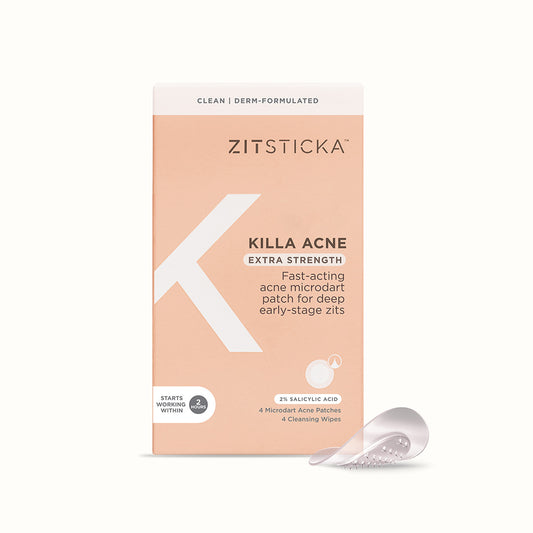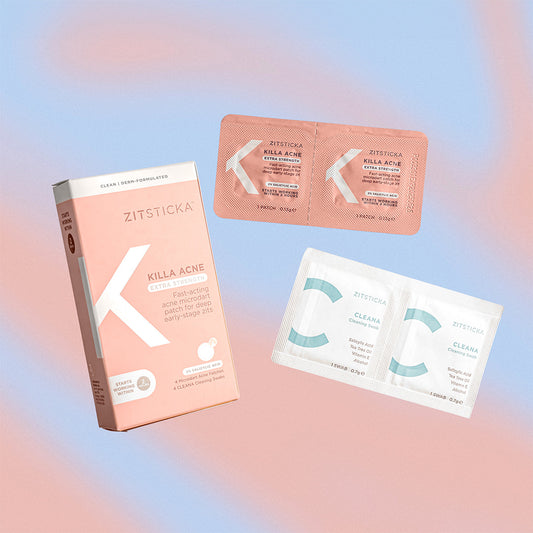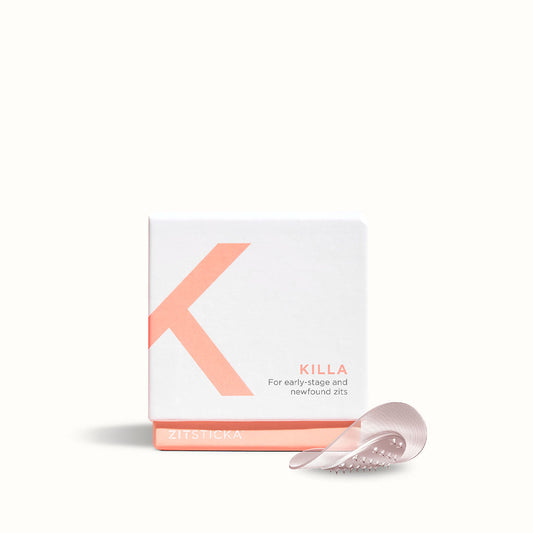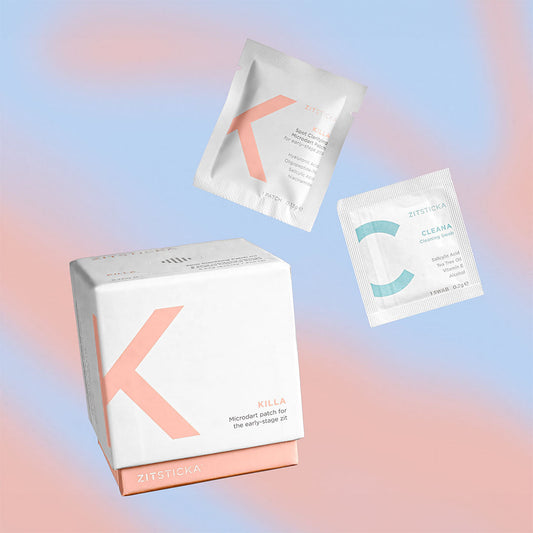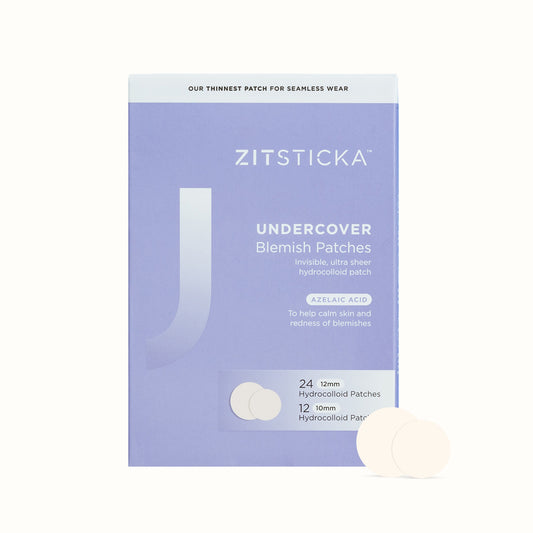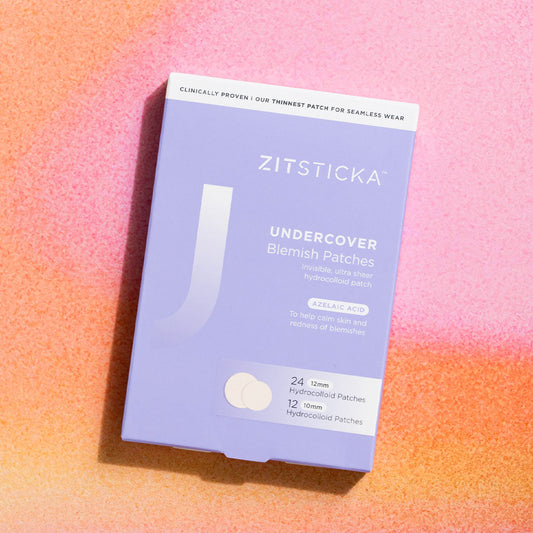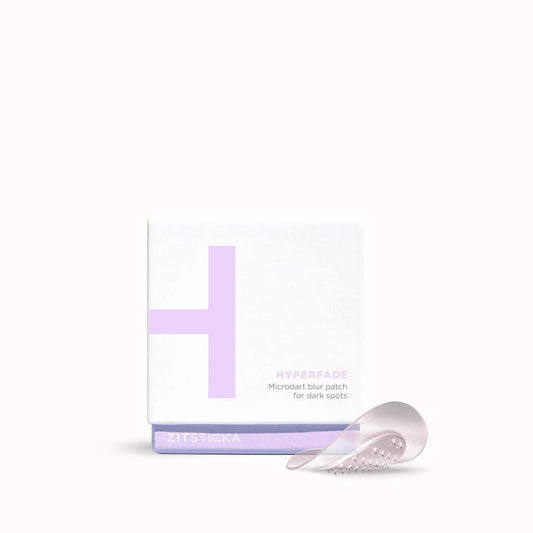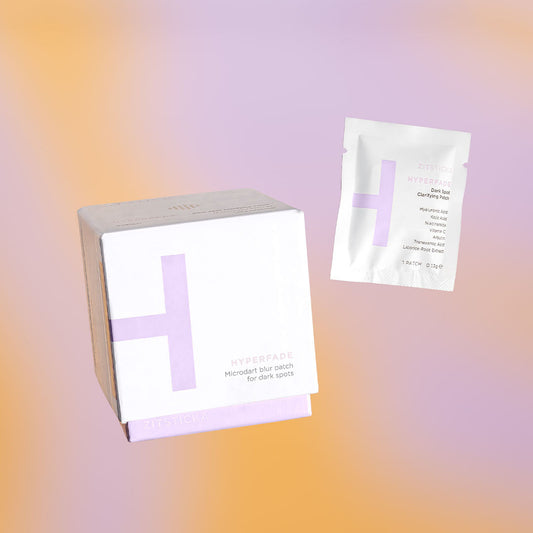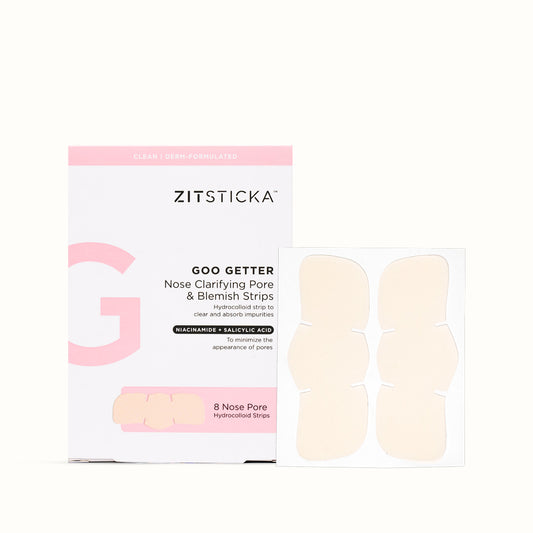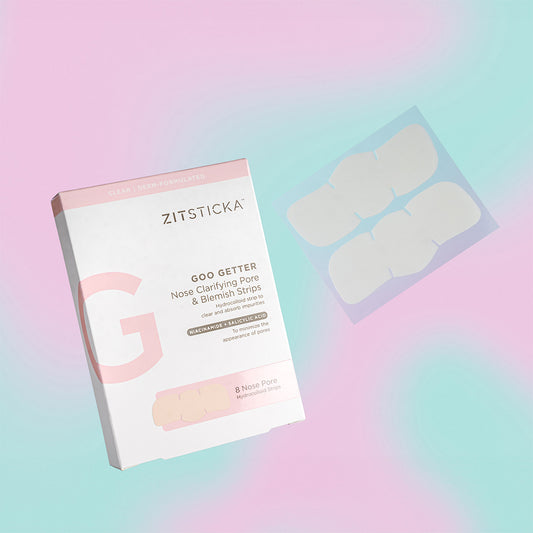I was aimlessly ambling around my favorite bookstore yesterday, fingering the spines of many deliciously promising books, when I glimpsed one out of the corner of my eye so radical in its premise that it stopped me in my tracks. Encased in a beautiful flower-studded hardcover, the book in question—Jenny Odell’s How To Do Nothing—is an ode to slowing right down to smell the roses. It’s a breath of fresh air in a world that determines our value by our productivity, and reminds us that the simple act of doing nothing (as capitalism defines it, anyway) is our best form of resistance.
Nothing is harder to do than nothing, the book posits, to which my frantic brain would agree. And the fatty, neuron-dense organ upstairs isn’t the only one to think so—the latest trend in skincare is on-song with the idea. Off the back of very extreme skincare movements like vampire facials, 13-step routines and CBD skincare, the latest big thing in beauty is quite literally doing nothing at all. ‘Skin fasting’ asks us to kindly step TF away from our beloved products so as to give our skin a mini vacay from all that exfoliating, cleansing and lathering; to give it a chance to breathe. The Science
The Science
So, what is the science behind this movement towards periodic timeouts from our beauty cabinet pals? The term ‘skin fasting’ was originally coined by Mirai Clinical, a Japanese skin and body care brand that describes it as a way “to strengthen the skin’s natural protective barrier that is weakened by excessive nourishing, to normalize the secretion of natural oils and support the natural rejuvenation process.” Further to that, the brand’s founder Koko Hayashi says, “Japanese have studied the skin’s regeneration on a monthly basis and have proved that ‘skin fasting’ will improve your skin’s condition and detoxify skin impurities.”
Basically, the skin is a multitasking genius. While its primary function is to protect, it is also a sensory organ, and to a small degree, it also ‘breathes’. According to Dr Mervyn Patterson, one of the UK's leading aesthetic doctors, "The top layer of the skin derives its oxygen supply from the atmosphere and not from the blood." While this only contributes to around 2% of a human's total respiration, there’s still a small gas exchange going down. The skin also produces an oily substance called sebum, which is vital for preventing the skin from losing moisture and acting as a barrier against microorganisms. The idea behind skin fasting, then, is that taking a break from products can aid the skin’s ability to both breathe and produce these healthy natural oils.
The Benefits
While there’s no peer-reviewed scientific data that supports the new trend of skin fasting, it’s not without its benefits, as listed out below…
1. It’s a good opportunity to reassess
Skin fasting does raise some important questions about the trend towards multi-step skincare routines. Over the past few years, it has become super normal to layer multiple different products across morning to night, something that is not lost on dermatologist Dr. Justine Kluk. “I am constantly telling my patients to simplify their routines,” she says. “I’m sure this is one of the contributing factors in the rise of adult acne.”
By using super OTT regimes, whereby we pile on multiple products, we effectively allow our skin to become lazy. The skin’s surface sends a signal down to its water reservoirs telling it that there’s plenty of moisture and to halt production. Basically, it doesn’t have to produce our natural hydration system (in the form of oils), so it lets it slip.
2. It will make your products last longer!
If nothing else, taking mini vaycays from your beauty stash means that your products will go the extra mile. 10 points for sustainability!
The Advice
If you want to give the trend a go, there’s a couple of things we think you should keep in mind. First up, avoid skin fasting if you're undergoing treatments for active conditions like acne or eczema as you may well benefit from additional moisturising. Other tips: wash your face using lukewarm water, drink hella h20, and, if you're struggling, try going one or two nights a week without the help of your beauty cabinet.

